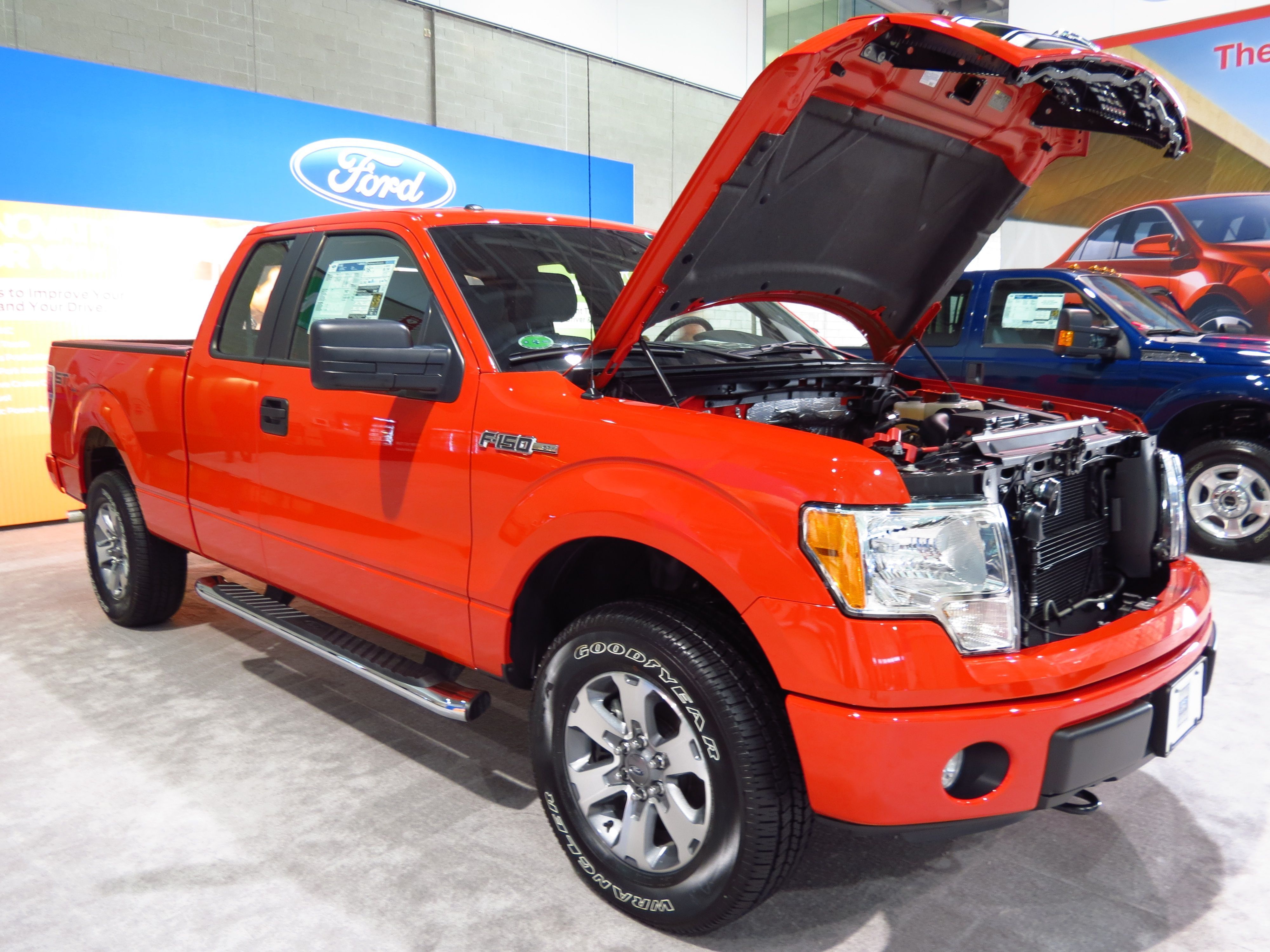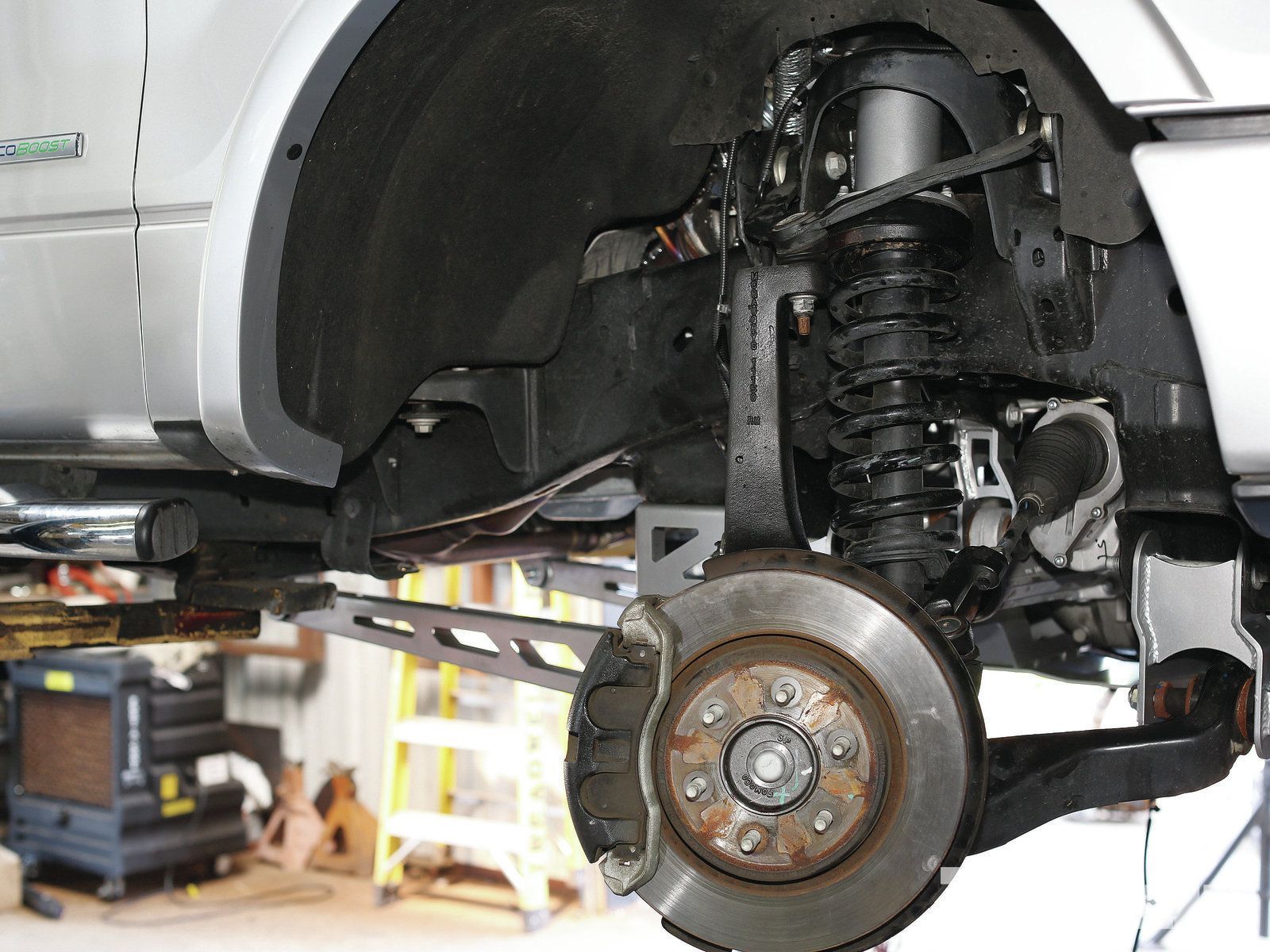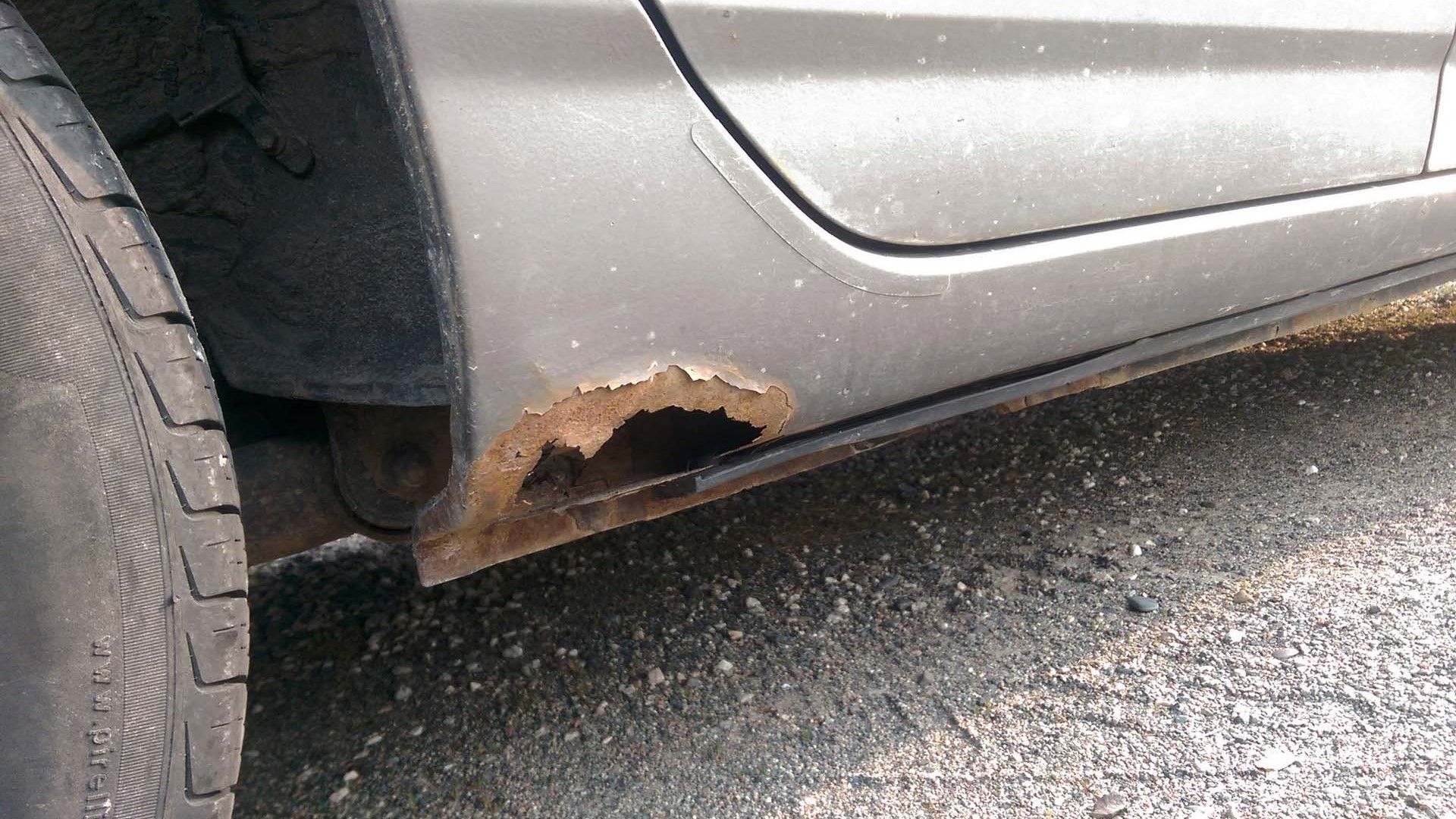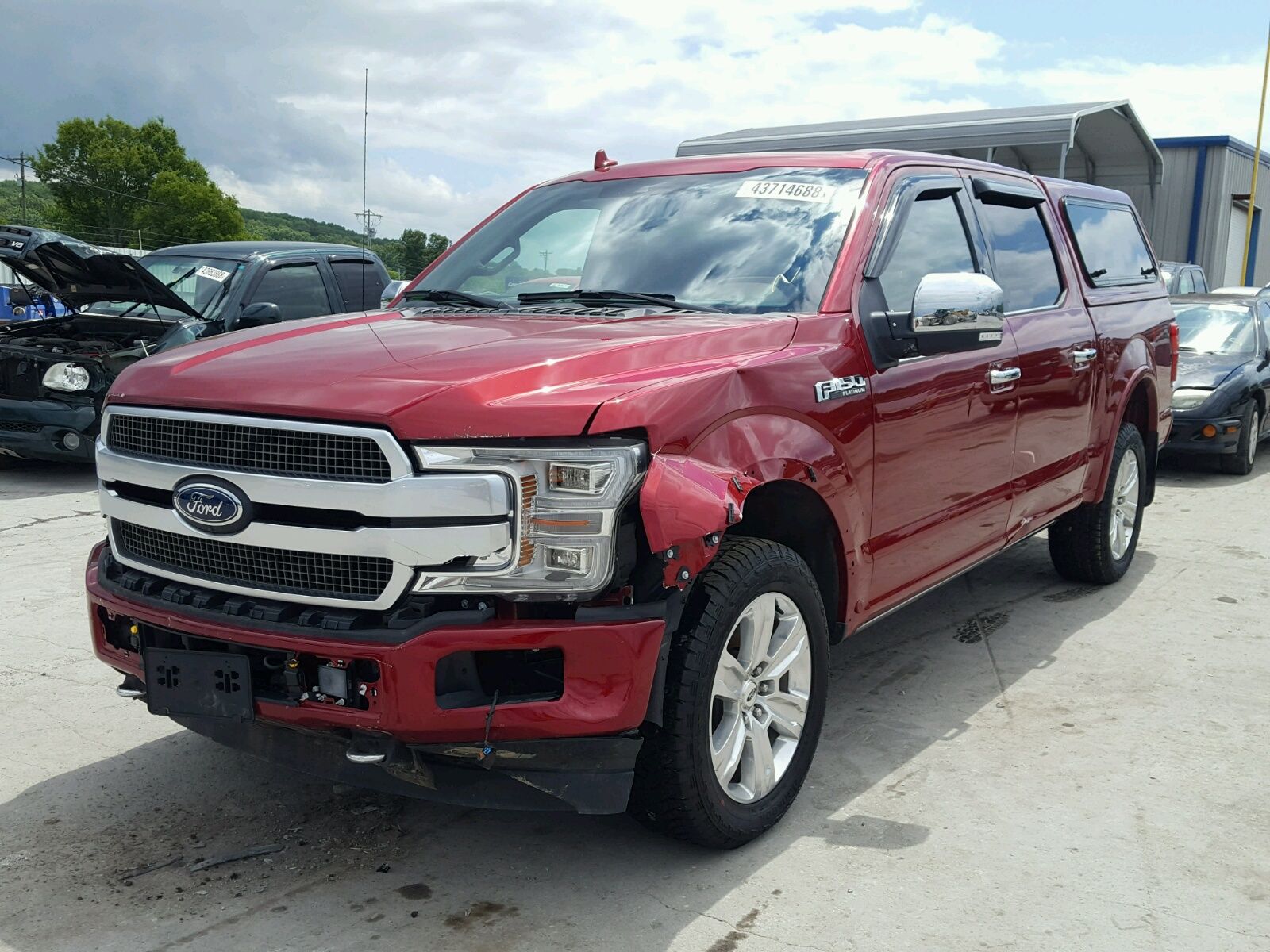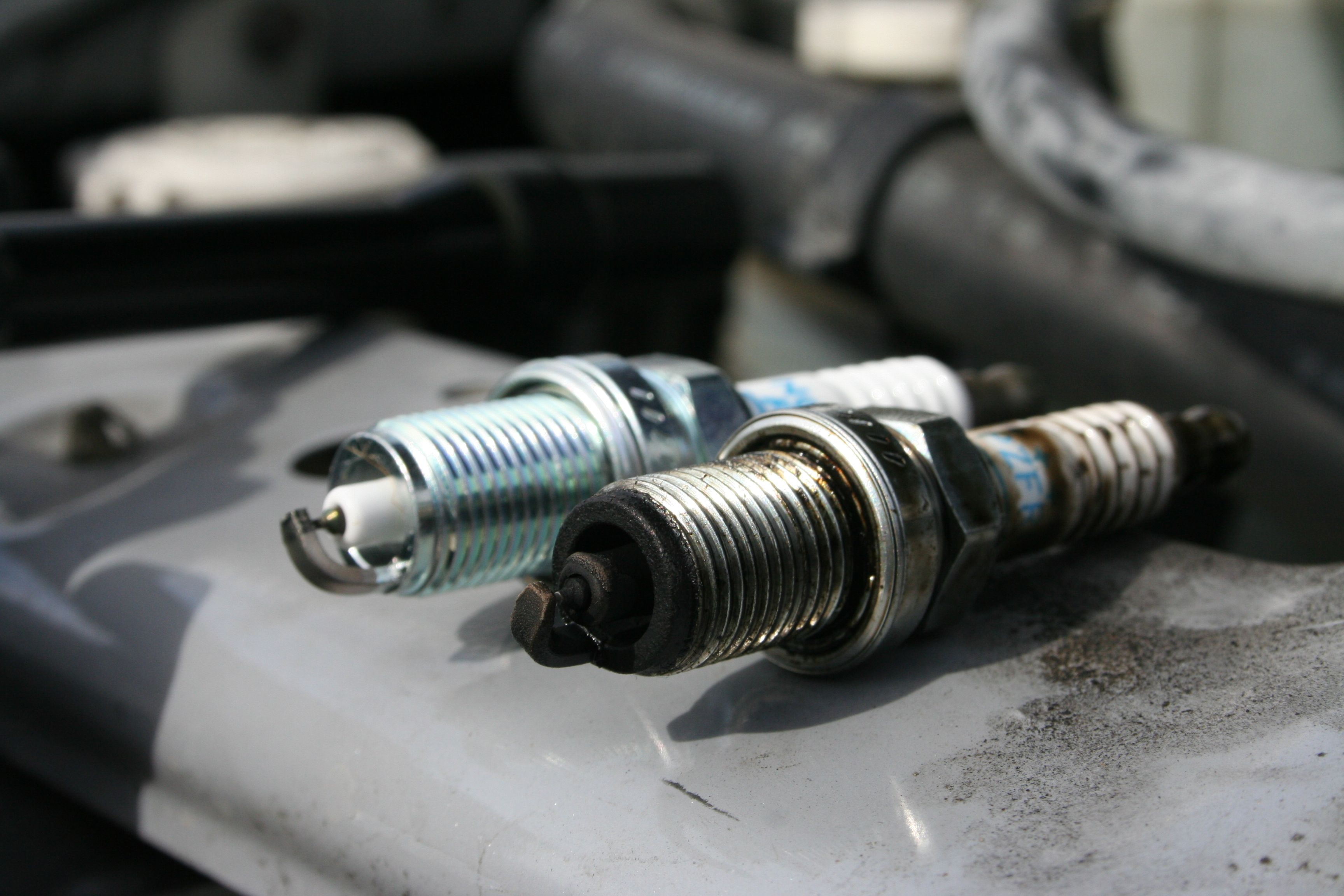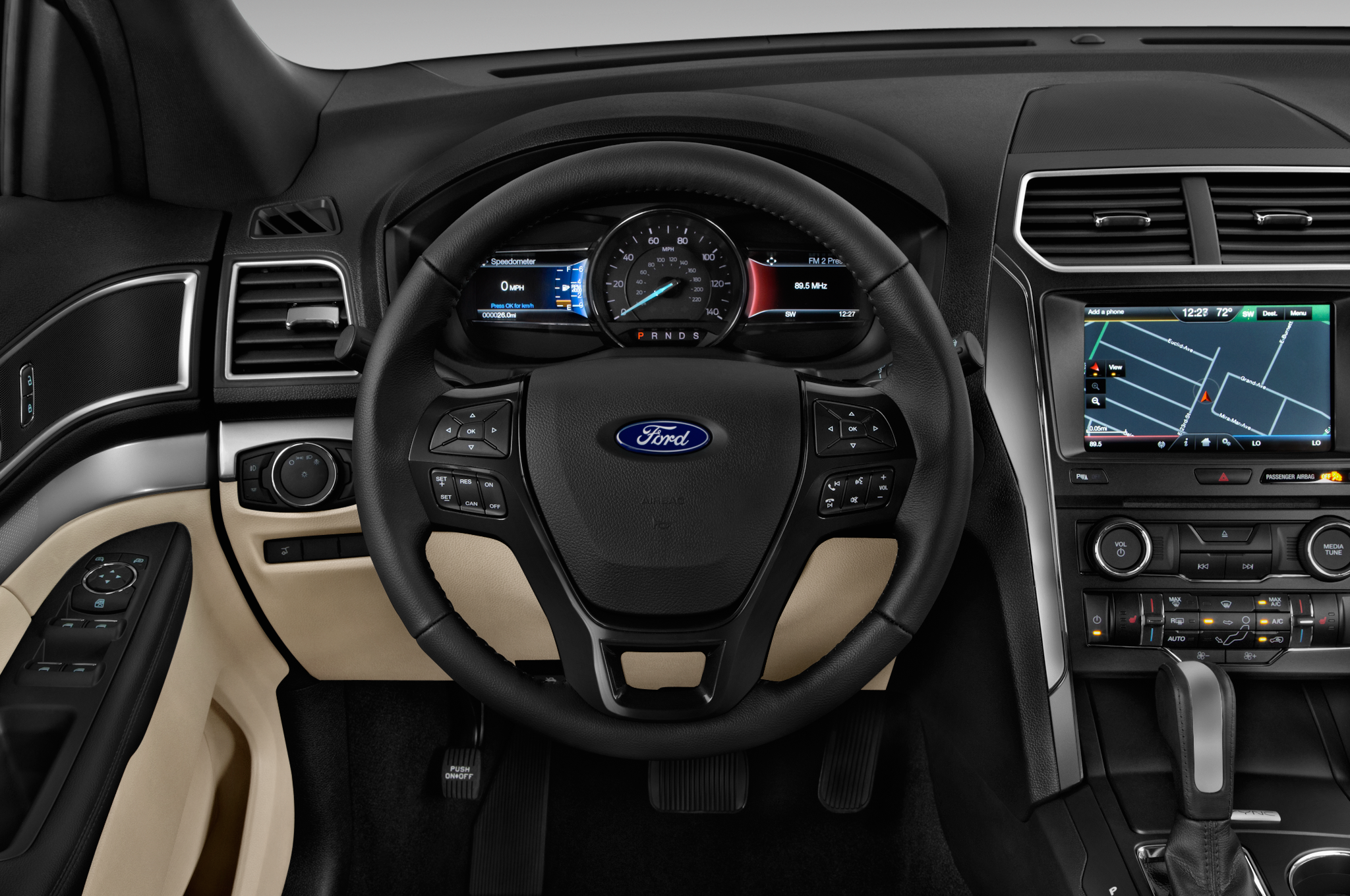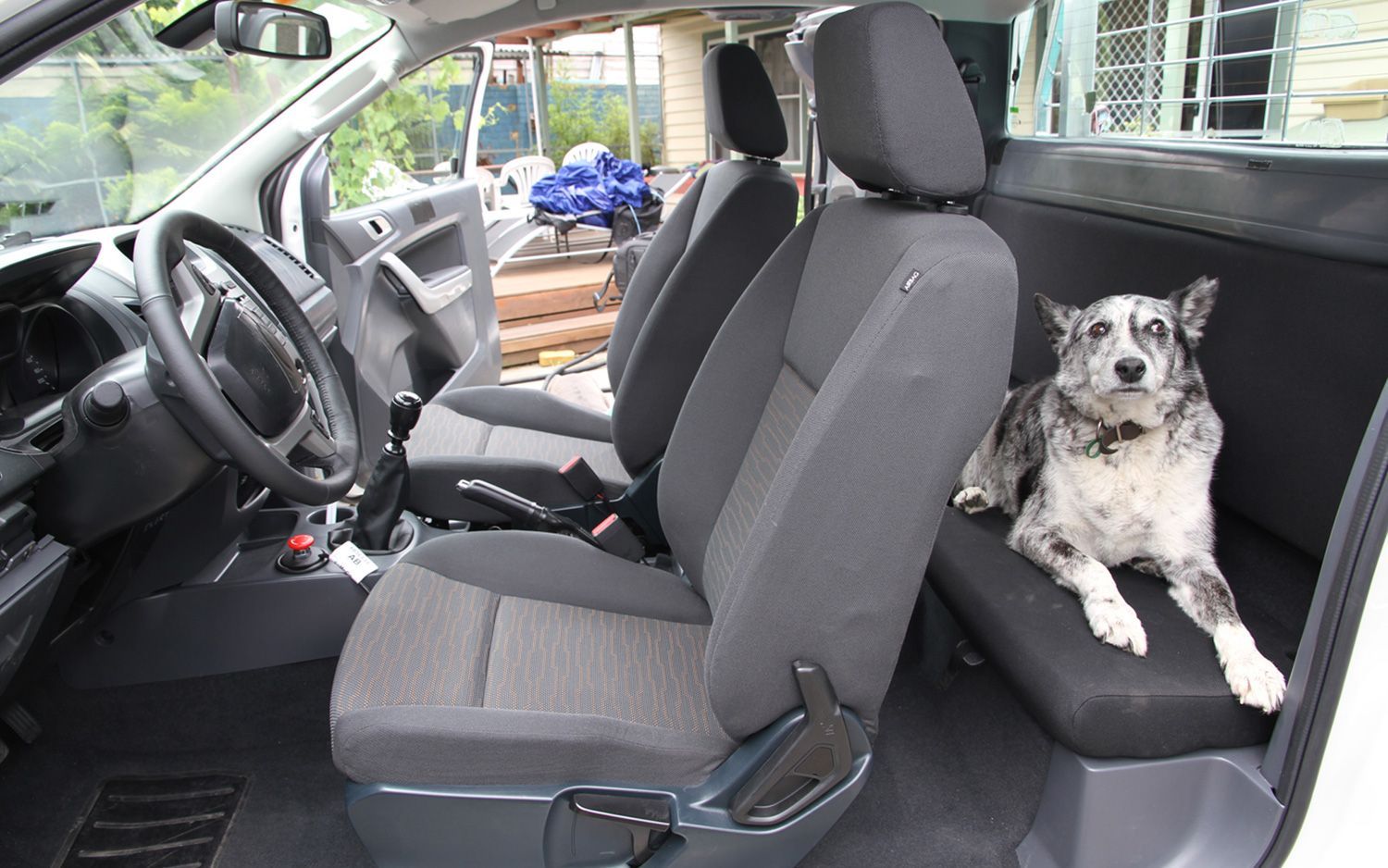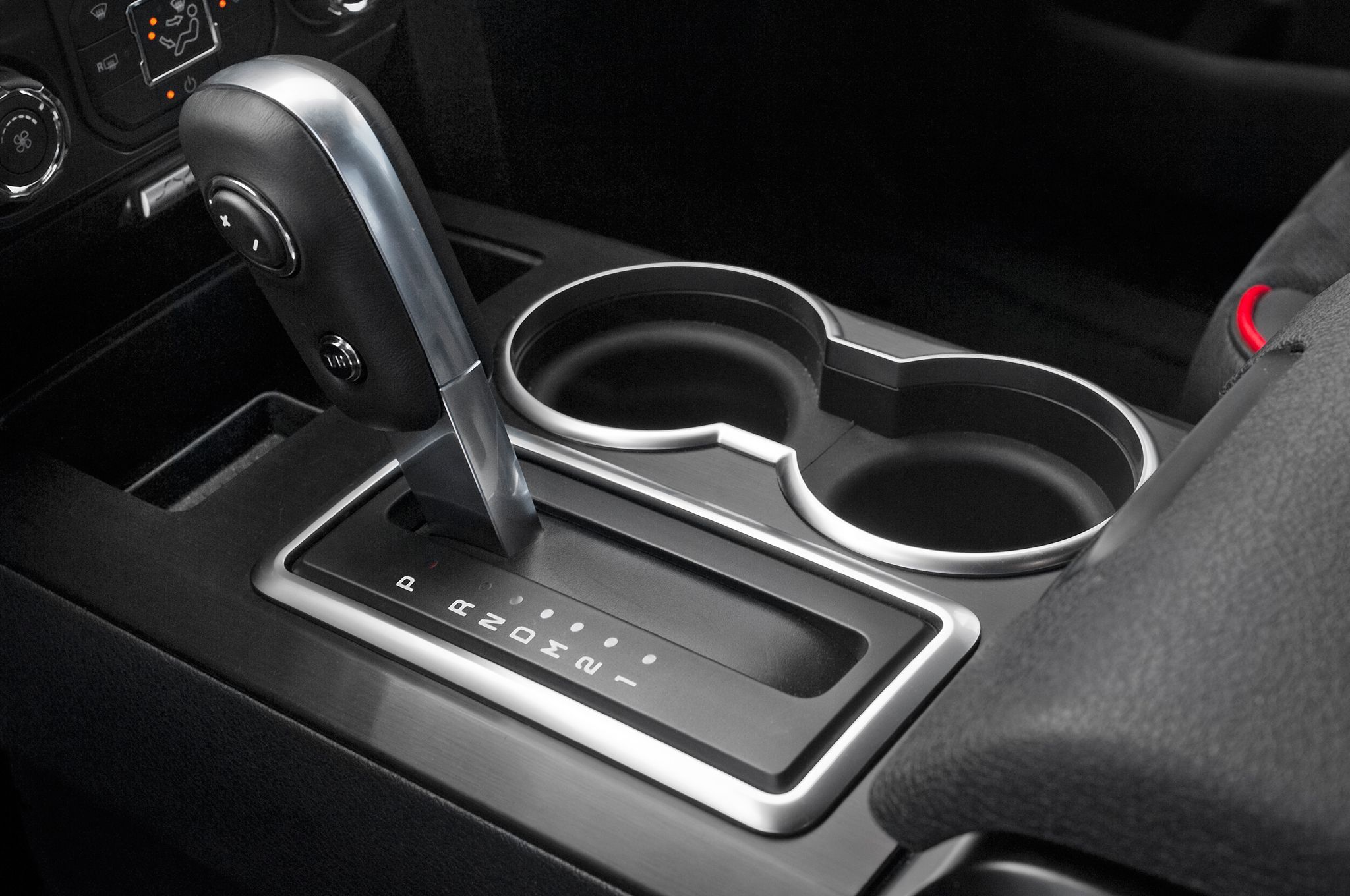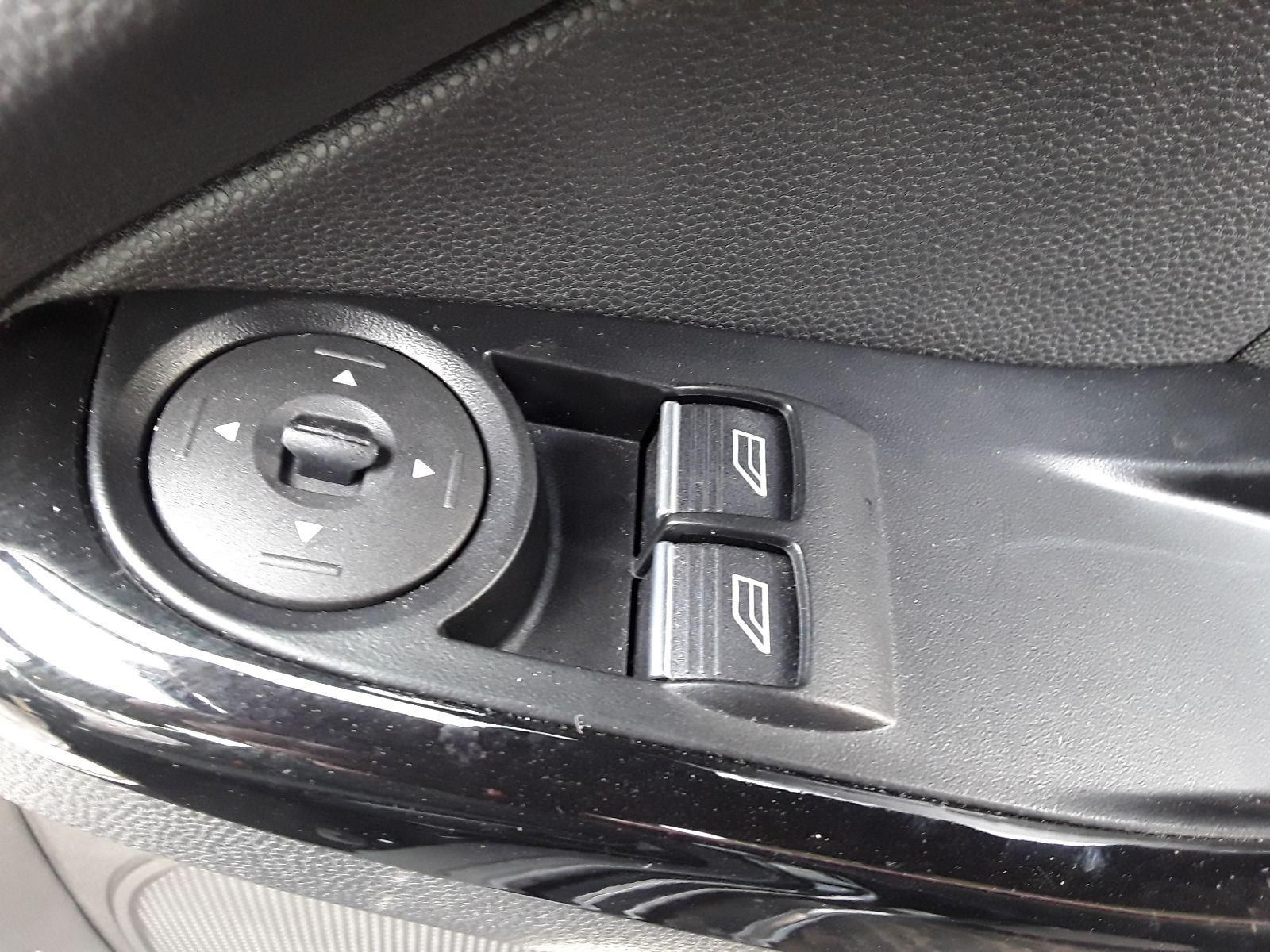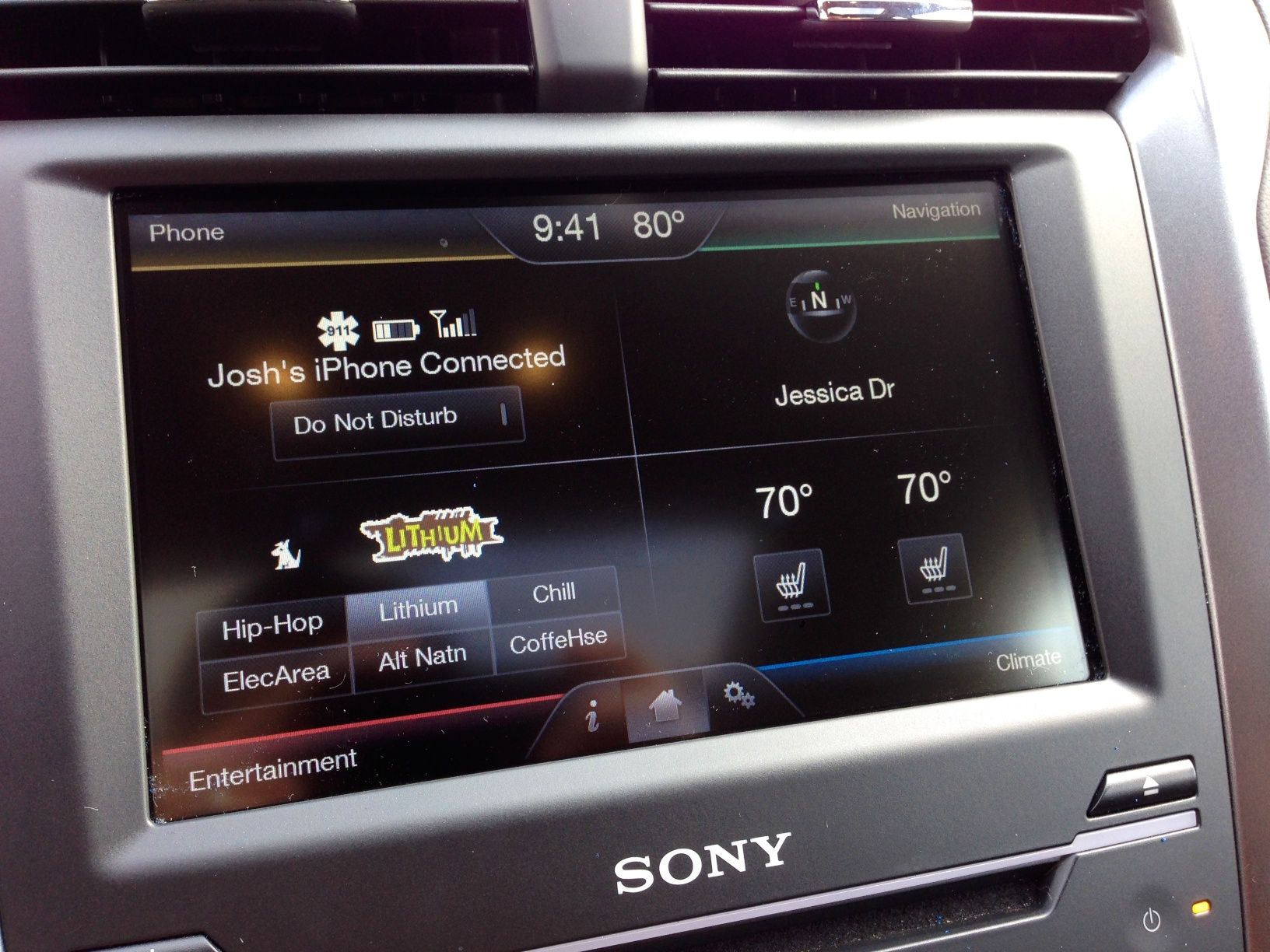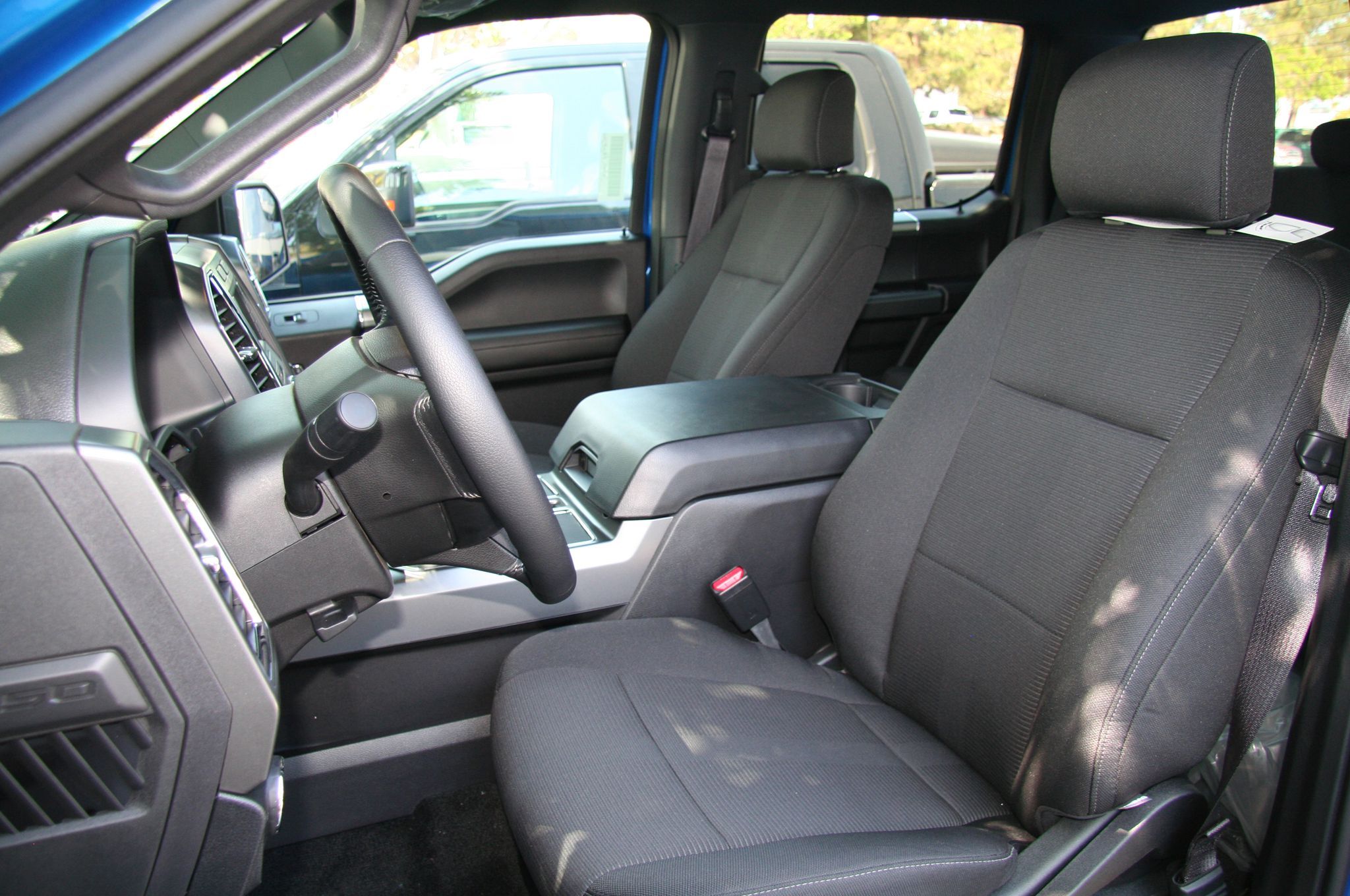Pickup trucks may have started as commercial vehicles in the 1920s and 1930s, but it wasn’t long before consumers began to purchase pickups simply because they liked the way they looked. Ford has been a key player in the pickup truck market right from the beginning, launching its Ford Model T Runabout with Pickup Body in 1925. Luckily, the company soon began to come up with snappier names for its trucks!
Ford’s biggest success in the pickup market has undoubtedly been the F-Series. This is the name given to a range of trucks of varying size and power which have been in constant production since 1947. It was in 1997 that Ford’s current range of pickups, including the popular Ford F-150, made their first appearance, and they have continued to dominate the market ever since.
In fact, the vehicles produced under the F-Series name are second on the list of all-time best-selling vehicles, while the Ford F-150 alone has sold 40 million models, making it the biggest-selling pickup truck ever. It seems that Ford has well and truly cracked the pickup truck market.
However, look a little closer at the Ford F-Series and you will soon discover that all is not as perfect as it seems, as Ford trucks have some glaring problems that the company doesn’t want to tell us about its pickups.
20 Faulty Airbags
Pickup trucks generally have quite a good reputation for safety – mainly as a result of being among the biggest vehicles on the road! However, Ford was forced to issue a recall for a number of F-150 trucks in 2017 when it was found that the airbags in the vehicles were faulty.
When trucks which were fitted with these particular airbags were involved in a collision, the airbags could rupture, causing injuries to driver and passengers, as well as showering them with tiny pieces of metal. The company replaced the dodgy airbags free of charge, but they tried to keep this costly mistake as quiet as possible.
19 Engine Failures
Dodgy brakes may have caused some heart-in-the-mouth moments for Ford pickup drivers, but that is nothing compared to those motorists whose truck engines cut out on them completely while they were in motion. Over a thousand drivers reported that their engines were cutting out when they were accelerating, often when carrying out overtaking maneuvers, and the situation became so serious that the US National Highway Traffic Safety Administration even held an official inquiry into the problems with engines in Ford F-150 trucks built between 2011 and 2013.
This did some major damage to Ford’s reputation, and they have done their best to bury this major issue with their flagship truck.
18 Suspension Issues
The Ford F-150 may seem like a big truck to those not used to driving pickups, but it is actually very much the baby of the F-Series family. Ford also makes the larger F-250 and F-350 pickups, which offer more towing and cargo capacity. All that extra weight comes with its own problems, however, and the 2011 models of the F-250 and F-350 were soon found to have some serious suspension issues.
Suspensions often deteriorate over time, through general wear and tear, but these issues were happening barely a few weeks after the trucks had been driven off the lot.
17 Bodywork Corrosion
The suspension is far from the only part of a vehicle which suffers general wear and tear. The bodywork will also suffer a fair amount of damage over the years, from the usual dents and scratches to corrosion of the bodywork, especially if you live in cold areas where the roads are regularly salted.
However, drivers who bought Ford pickups in the early-2000s noticed that the bodywork of their vehicles started to corrode soon after they had bought them. This was because Ford had started to use aluminum in some parts of the bodywork of its pickups – only this aluminum hadn’t been treated to prevent corrosion!
16 No Durability
It seems that Ford didn’t learn their lesson regarding using aluminum in their pickups. After using untreated aluminum in F-150 models from the Noughties, the company then decided to use the same metal to make the side and rear panels in later models from 2015 – although at least this time it was treated to prevent corrosion!
However, while aluminum might make for a lighter and therefore faster vehicle, if drivers have bought their pickup to use it for towing or carrying cargo, then it is more important that the truck is robust than quick. Unfortunately, aluminum panels have led to some questions being raised about the vehicles’ durability.
15 Faulty Spark Plugs
Changing spark plugs is one of those car DIY jobs that is so simple and straightforward that every driver should be able to do it for themselves – although it is also a job that should only need to be done every 30,000 miles. However, if you own a 2011 Ford F-150, you might find that your spark plugs have an annoying tendency to break, which means you have to go hunting around the dark recesses of your engine to find any missing pieces.
Also, the spark plugs in the Ford Triton pickup have been known to self-eject while the car is in motion, increasing the risk of an engine fire from a stray spark.
14 Air Conditioning Issues
So far, the glaring problems with Ford pickups on this list have all been quite substantial, and indeed many could put drivers and other road users at risk. However, some of the issues with Ford trucks are less serious, albeit just as annoying for drivers.
For example, there have been dozens of complaints about the air conditioning system in the Ford F-Series pickups, with some drivers reporting that the system won’t turn on until the engine has been running for ten minutes or so, and others finding that their system simply turns itself off at random moments. A minor annoyance, unless you happen to live somewhere hot and sunny…
13 Safety Belt Recall
One of the most embarrassing recalls for the Ford F-Series pickups came in 2017 when the company was forced to admit that thousands of their F150, F-250, F-350, F-450, and F-550 trucks had been fitted with faulty safety belts. The recall only applied to those models which had been fitted with the old-school manually adjustable seats, rather than Ford’s innovative new power seats, as it turned out that the safety belt buckle had not been properly welded into position in these trucks.
No company likes to admit that it has failed when it comes to such basic safety features, so it is hardly surprising that Ford tried to sweep this one under the carpet.
12 Power Seat Problems
The F-Series models which had been fitted with power seats may not have had any problems with their safety belts, but they did have some pretty serious issues of their own. These seats, which could be adjusted automatically at the flick of a switch, hadn’t been fixed into position securely enough, and there were reports of several incidents where seats had worked their way loose while the vehicle was still in motion.
The company acted quickly to recall the affected models, but it certainly made motorists wary of Ford vehicles which had been fitted with power seats, instead of the old-school manually adjusted version.
11 Poor Handling
Several of the problems already encountered on this list would have an indirect effect on the way Ford pickups handle on the road, including the issues with the brakes and with the suspension. However, drivers of the 2018 Ford F-150 model also experienced more direct problems with the vehicle’s steering, which they described as sluggish and unresponsive, especially if they were driving their pickup on country tracks or off-road.
Not a problem if you only ever take your F-Series on the morning commute; more problematic if you actually want to use your pickup for the kind of jobs it was designed to do.
10 Noisy Cabin
In the past, motorists might have been happy with pickup trucks which got the job done, and they wouldn’t have been too concerned with interior comfort. However, as more and more people choose pickups as their main vehicle, so drivers are also looking for auto companies to start paying a little more attention to the interior cabin.
Unfortunately, since Ford started using an increasing amount of aluminum in their body panels, owners of their pickups have also reported an increase in cabin noise. Once the vehicle hits about 45mph, Ford pickups start to make quite an alarming rattling noise, combined with the sound of rushing air, as if one of the doors isn’t quite closed properly.
9 Transmission Failures
The transmission system used in Ford’s F-150 trucks was the subject of another mass recall – and a major headache for the automotive giant. Early in 2019, the company announced that they were recalling an astonishing 1.3 million Ford F-150 trucks built between 2011 and 2013 because of significant problems with their transmission systems. Some drivers had reported that the transmission would shift down into first gear while the truck was in motion, which in turn makes the vehicle more difficult to control and increases the chances of an accident.
A recall may have been the right thing to do, but it is a very public way to fix problems with your vehicles.
8 Compatibility Issues
These days, drivers are just as impressed by a high-tech infotainment system as they are by a powerful engine – and car makers are increasing their investment all the time to improve these systems and their connectivity. After all, what’s the point in having a great in-car infotainment system if you can’t connect it to your cell phone to listen to your tunes or make hands-free calls?
Unfortunately for the owners of Ford pickups, as well as many other Ford models, infotainment system compatibility has proved to be a problem. Often, the MyFord system simply fails to recognize other devices, rather defeating the purpose of compatible systems in the first place.
7 Faulty Doors
In 2017, Ford was forced to issue a recall notice for over one million Ford F-Series after a serious problem with the vehicles’ doors was identified. The seal on the doors wasn’t properly fitted, which allowed water to leak into the door latch; when this water froze in cold weather, it could result in the doors opening while the truck was in motion, even if it had seemed to be properly closed when you set off.
In addition, a similar flaw was identified that would lead to the side doors opening in the event of even a minor collision, which could easily increase the risk of serious injury.
6 Electric Window Problems
The problems with the air conditioning system in various Ford F-Series pickups are far from the only issues with their electrical systems. Dozens of owners have also reported faults with the electric windows in the F-150 and other Ford trucks. Windows can often get stuck while halfway down or refuse to close again – something of a security risk, depending on where you are planning on parking your vehicle!
Although the issue appears to have been resolved in later models, this fault affected pickups from 2004 onwards and can require a costly repair, so make sure you test the windows thoroughly before buying a second-hand Ford pickup!
5 Infotainment Faults
Unfortunately for Ford, compatibility is far from the only problem afflicting its proprietary MyFord infotainment system. This now comes as standard in Ford F-Series pickup trucks, as well as all other Ford cars and SUVs, which means that there are thousands of frustrated drivers who have experienced problems with the MyFord system. The touchscreen technology has been developed by Microsoft – and we all know how often our PCs crash and need to be rebooted!
Plus, the screens don’t seem to be tough enough for the job, cracking even at the lightest touches from drivers and passengers who are simply trying to change the music or find their way to their destination.
4 Seat Cooling Failures
Seat cooling might seem like the kind of luxurious extra that most of us can live without; so does it really matter if the seat cooling system in the 2015-2017 Ford F-150 model can be a little unpredictable? Well, if you live somewhere hot and sunny, it can make the difference between a pleasant ride and an uncomfortable one, and if you have paid for an extra like seat cooling, then you have every right to expect it to work.
Drivers have reported that sometimes the cooling system will work for a few minutes before shutting down, while others have found that it will work on the base but not on the back.
3 Brake Problems
Of course, when it comes to safety features on any vehicles, including pickup trucks, the most important has always been, and always will be, an effective set of brakes. If the brakes on your vehicle don’t work as well as they should, then you are essentially an accident waiting to happen. Some owners of the 2016 Ford F-150 pickup reported some serious issues with their brakes; sometimes the brake pedal would slip to the floor while they were driving, while others claimed that braking caused their vehicles to skid.
Not what any driver wants to experience when they are barrelling along the highway…
2 Rough-Running Engine
The same generation of Ford F-150 pickups, built between 2009 and 2014, have also experienced some issues with rough-running engines, especially when the car is idling in traffic or at junctions. To be fair, this is an issue which only materializes after several thousand miles, but it is still an issue which shouldn’t occur, and which needs to be addressed if only to ensure a smooth ride for the driver and passengers.
The problem is caused by exhaust gas recirculation sensors which can get stuck due to an accumulation of carbon. Cleaning or replacing the sensor should fix this annoying flaw.
1 Engine Oil Leaks
Oil leaks are just one of those things that motorists have to put up with – especially as their vehicle gets a little older. No-one would expect a new truck to be dribbling oil after just a few months, however, which is what happened to drivers who had bought themselves a Ford F-150 built between 2009 and 2015.
There were reports of leaks from both the oil pan gasket and the head gasket, usually located on the passenger side of the vehicle. The tell-tale sign that a pickup was hurting from one of these leaks was the unpleasant smell of burning oil – followed swiftly by the unpleasant experience of an expensive bill from your local repair shop.
Sources - Pickup Truck Talk, Car Complaints, The Car Connection, Ford Problems, Ford Authority



